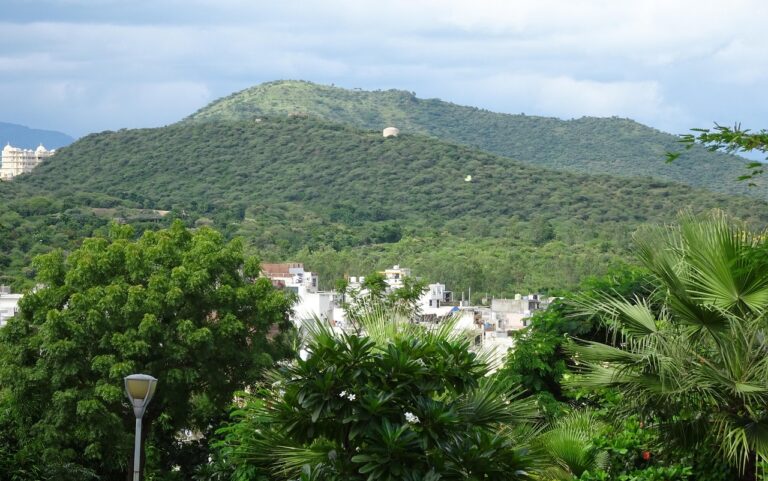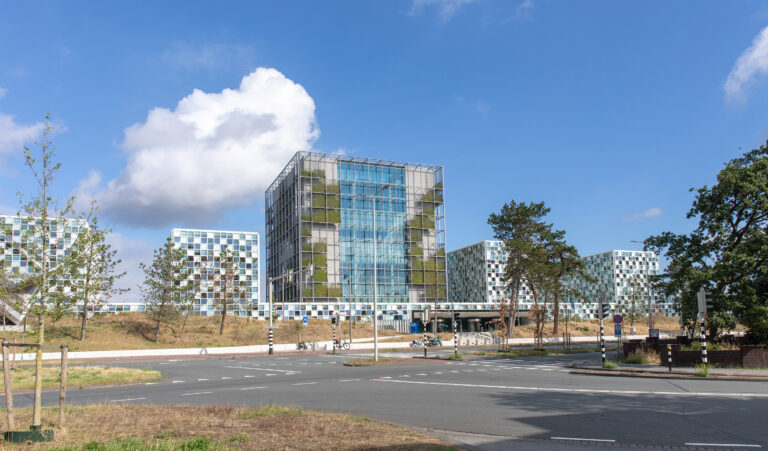
Patna: In the wake of increasing attacks on the freedom of the media in India, the Network of Women in Media, India (NWMI)’s 17th National Meeting called upon journalists, media workers and the public to stand up for press freedom, ethical journalism, gender equality and social justice.
The focus of the NWMI’s meet was “Media, Gender and Social Justice: Towards an Equitable Society”. Over a hundred media women, representing over 20 states – from Kashmir to Kerala, Nagaland and Assam to Orissa and Maharashtra – and working in multiple languages, gathered in Patna between January 27-29, 2023 to discuss issues concerning freedom of expression, challenges and opportunities for local and regional media, marginalisation and exclusion in the media on the basis of gender, caste, disability, etc, and online abuse and digital security.
A special session on “Experiments with social justice and the Bihar model” dwelt on the historical and current patterns of governance in a state categorised as “backward”, with special attention to the rationale for and impact of policies and initiatives such as liquor prohibition, reservations and other facilities for women, the ongoing caste census, and so on.
Bihar has been the site of historic struggles for social justice, in which women, especially from marginalised communities, have played an active part, as well as for media freedom, as was evident from the successful protests against the 1982 Bihar Press Bill.
In its declaration on January 30, 2023, NWMI expressed disappointment that only a negligible number of women are employed in the media in Bihar even today. It said exclusions due to patriarchy, caste, class, tribe, religion, disability and other such factors were wholly undemocratic and intolerable in the 21st Century.
Moreover, it noted the online violence against women journalists and “the impunity” that denies them justice, the “toxic” work environment in many newsrooms, sexual harassment in workplaces and the prevailing precarity of journalists in India, rendered unorganised due to contractualisation. It stated that this impinges on the human rights of women media professionals, including the fundamental right to livelihood. “Women journalists continue to face the challenge of access to employment and disparity in wages, while leadership positions in the media are still denied to them,” the declaration said.
Expressing concerns over ‘increased surveillance”, frequent takedown of social media posts, and regular deployment of “new forms of censorship” to “intimidate and muzzle” the media, the NWMI Patna Declaration said the national meet, held at the Aryabhatta Knowledge University, was an opportunity for the network to strengthen solidarity.
During the meeting, NWMI reaffirmed its responsibility and commitment to uphold media freedom and media workers’ rights, as well as to hold the powers that be to account.
Claiming that there was a continued foisting of motivated cases against and incarceration of journalists, the NWMI termed it as unacceptable. It also critically referred to the draft amendment to the Information Technology (Intermediary Guidelines and Digital Media Ethics Code) Rules 2021 on fake news, the blocking of the BBC documentary, legal attacks on journalists’ right to protect their sources of news and removal of safeguards for journalists in the Digital Personal Data Protection Bill.
– global bihari bureau





